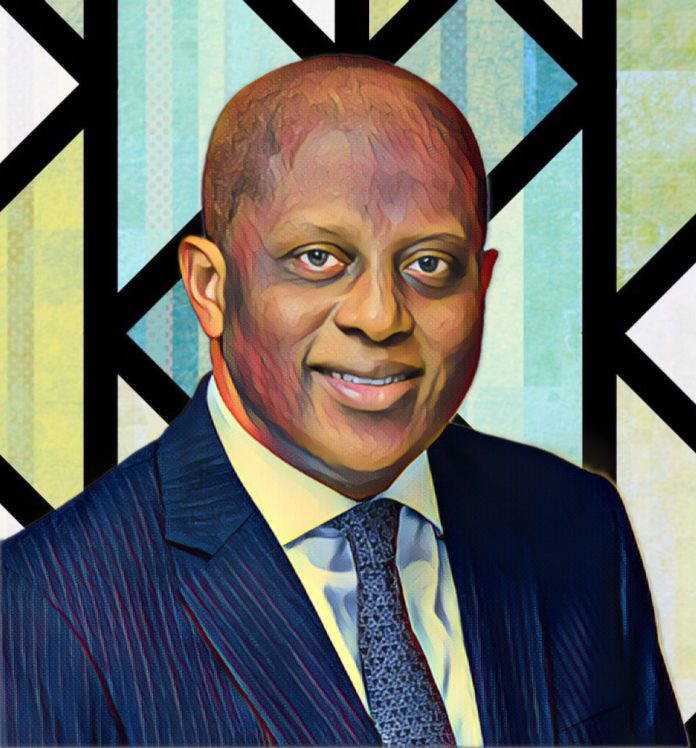Nigeria’s battle against inflation continues, with the Central Bank Governor, Dr. Olayemi Cardoso, pledging the unwavering commitment of the Monetary Policy Committee (MPC) to keep interest rates high for as long as necessary.
Dr. Cardoso’s remarks, made in a recent interview, come as Nigerians grapple with a persistent rise in prices. The MPC has already taken decisive action this year, raising the benchmark lending rate significantly in both February and April 2024. Currently, the rate stands at 24.75%, a record high aimed at curbing inflation.
Combating Inflation Through Tighter Monetary Policy
The Central Bank’s hawkish stance on interest rates reflects a clear shift towards tighter monetary policy. This strategy aims to reduce the amount of money circulating in the Nigerian economy. By making it more expensive to borrow, the MPC hopes to discourage spending and slow down economic growth. This, in turn, can help to ease inflationary pressures by reducing demand for goods and services.
The next MPC meeting is scheduled for May 20th-21st, 2024. Many analysts and economists are anticipating further interest rate hikes, as inflation is still expected to rise in the coming months.
Dr. Cardoso acknowledged the potential downsides of keeping interest rates high for an extended period. He expressed concern that such measures could discourage investment and hinder economic activity. However, he reiterated the MPC’s belief that raising rates was a necessary step to bring inflation under control.
“While high interest rates may dampen economic growth in the short term,” Dr. Cardoso explained, “they have already begun to have a positive impact on the foreign exchange market, helping to stabilize the naira.” He acknowledged the need for a delicate balancing act, stating, “We are committed to finding the right balance between controlling inflation and fostering economic growth.”
Foreign Exchange Market and Investor Confidence
The Governor also addressed recent fluctuations in the Nigerian naira. He indicated that investors, initially apprehensive about the volatile exchange rate, are now becoming more comfortable with the market. This suggests a potential boost in investor confidence as the CBN pursues its new approach to monetary policy.
Dr. Cardoso emphasized the CBN’s commitment to adopting “orthodox monetary policies.” This signifies a move away from past practices and a return to more conventional methods of managing inflation and exchange rates. In the long term, the CBN aims to achieve a more stable and predictable economic environment for Nigeria.
Uncertainties and the Road Ahead
The effectiveness of the CBN’s strategy remains to be seen. While high interest rates can help to curb inflation, they can also lead to slower economic growth and increased unemployment. The MPC will need to carefully monitor the impact of its policies and make adjustments as needed.
Furthermore, external factors such as global oil prices and supply chain disruptions can also influence inflation in Nigeria. The success of the CBN’s efforts will therefore depend not only on its own policies but also on broader economic conditions.
For Nigerians, the current economic situation is a source of significant hardship. Rising prices are putting a strain on household budgets, making it difficult to afford basic necessities. Many Nigerians are anxiously waiting to see if the CBN’s policies will bring about a much-needed reprieve from inflation.
Source: Vanguard



